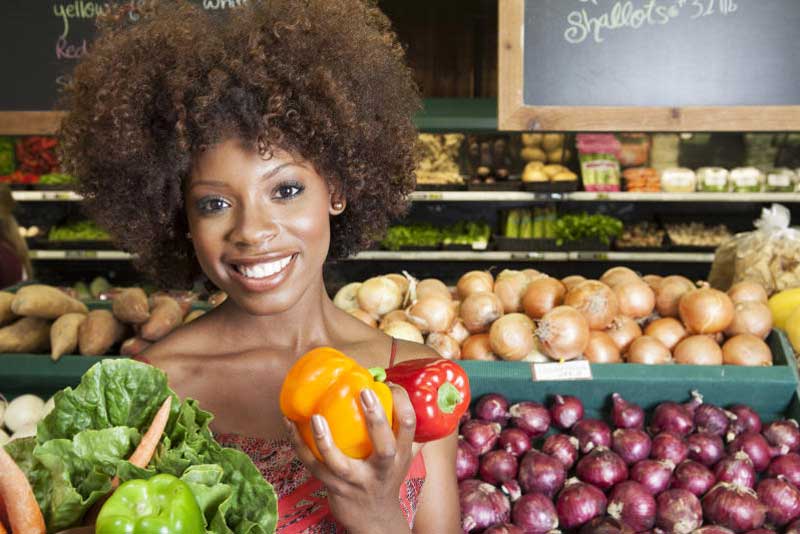×
The Standard e-Paper
Join Thousands Daily

Kenya has the advantage to learn from Ireland's experience as she embarks on implementing one of the four pillars of President Uhuru Kenyatta's Big Four agenda — food security.